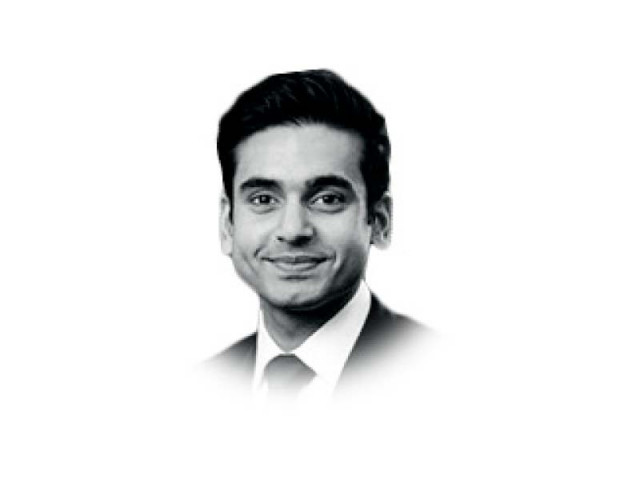Pakistan’s parliamentary system — a colonial relic
Our parliamentary system is fundamentally inappropriate for a country of Pakistan’s size, diversity, and complexity

Still reeling from the horrifying Lahore-Sialkot motorway incident, the nation recently saw one of the country’s seasoned politicians stand in parliament and exploit the sickening events for political point scoring, woefully out of touch with the people’s suffering. Why are we not shocked? Because, it’s typical of our politicians. Our political system encourages and rewards such acts of party interest over national wellbeing.
Our parliamentary system — the dusty, awry pass-down from a former marriage — is fundamentally inappropriate for a country of Pakistan’s size, diversity, and complexity. A tool of majoritarian politics, it incentivises ill-intentioned and incompetent rulers to pander to powerful majorities, vital to their parliamentary seat count, at the expense of society’s most vulnerable. In Pakistan, it has further mutated into dynastic rule, where two of the country’s wealthiest families also control two of the largest parties, both lacking any real ideological core, with their members pledging absolute allegiance to their monarch-like leaders in return for a get-out-of-jail free pass to accumulate wealth themselves. In reality then, when politicians use national tragedy to gain an upper hand, they are simply doing what the system demands of them.
The choice of a presidential system is not only wise, it is obvious.
The topic is complicated, confounded by petty party-members’ propagating sham logic in fear of losing their grip on a system they can twist. Simply put, the choice whittles down to three primary points: justice, merit, and representation.
The parliamentary system undermines justice and fairness in Pakistan. Our system is designed to disproportionately favour large majorities (e.g. a province), and breed divisiveness. In theory, Punjab could choose the PM even if not a single vote was cast for his party outside of its borders, incentivising politicians to pander to its interests. Throughout history, we can see the root of our many problems in the similar exploitation and neglect of discrete segments of the country including religious minorities and tribal populations. A presidential system would maintain a proportional representation in the National Assembly while allowing us to choose our representatives at the local and federal level based on the individual’s promise and commitment.
Our parliamentary system also undermines meritocracy — the right people are not in the right jobs. The PM cannot appoint his own cabinet. Instead, he chooses from a list of ill-suited ministers to lead ministries they know little about. A presidential system promotes meritocracy, allowing appointments of experts in key positions, such as Abdul Hafeez Shaikh and Moeed Yusuf, to be the norm, not the exception. Pakistan could finally leverage its talent, calling on its citizens to serve as and when needed, instead of relying on “electables,” who ply power through perverse feudal and economic influence.
Finally, our system does not truly represent its peoples’ interest. It attracts an incompetent ilk of legislators, interested only in wielding executive power. We vote not to elect representatives to legislate, but to indirectly elect a PM. Our MNAs have no incentive to improve their constituency, and unsurprisingly there is little intelligent debate in the chambers; with politicians not accountable to the people they represent. A presidential system would decouple our executive leadership from local government elections and provide the public a chance to judge their local representatives on performance.
Still, a presidential system is not a magic pill. The threat of an authoritarian regime under a presidential system is real so we must meticulously design a transition, ensuring government work is conducted with effective “checks and balances”. Done well, it will align the incentives of our government to the people’s interests.
So, let us choose a system befitting our diversity and scale. Let us begin to write our own history. Do we want a just and meritocratic country where our rulers represent the people’s interests? If yes, then the choice is clear: we vote to move to a presidential system of democracy.
Published in The Express Tribune, September 30th, 2020.
Like Opinion & Editorial on Facebook, follow @ETOpEd on Twitter to receive all updates on all our daily pieces.















COMMENTS
Comments are moderated and generally will be posted if they are on-topic and not abusive.
For more information, please see our Comments FAQ